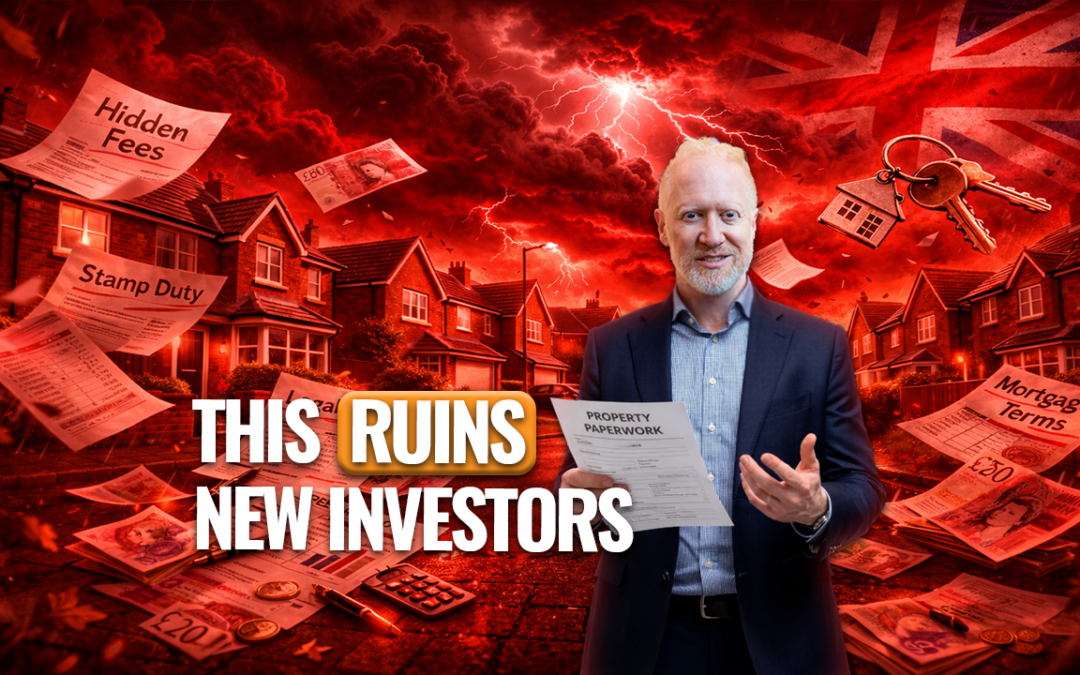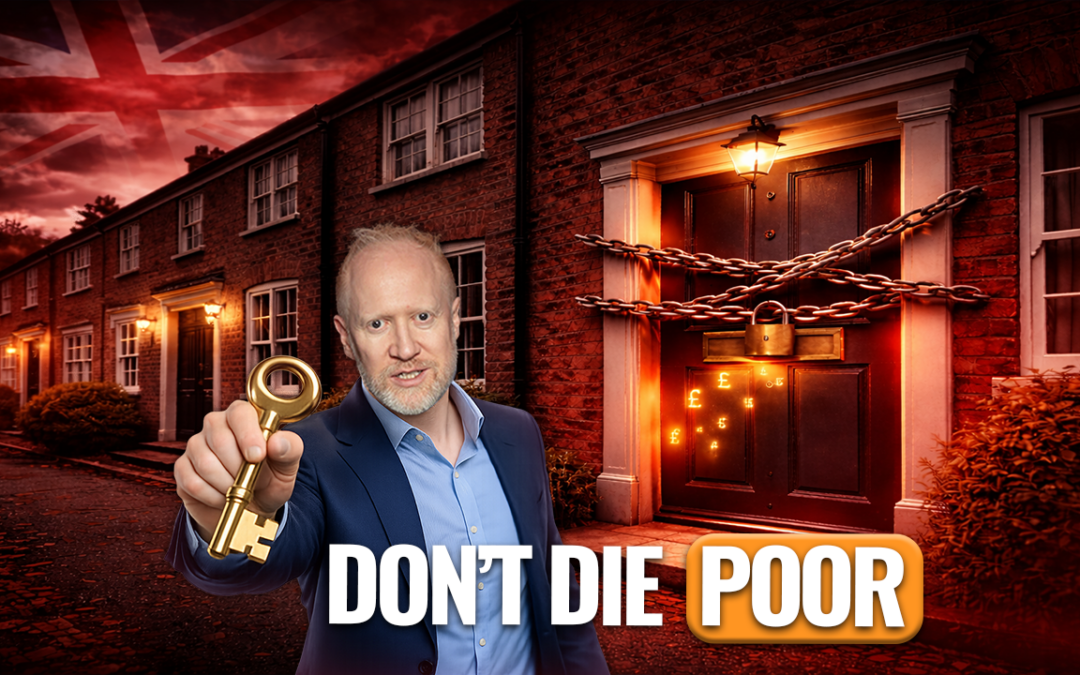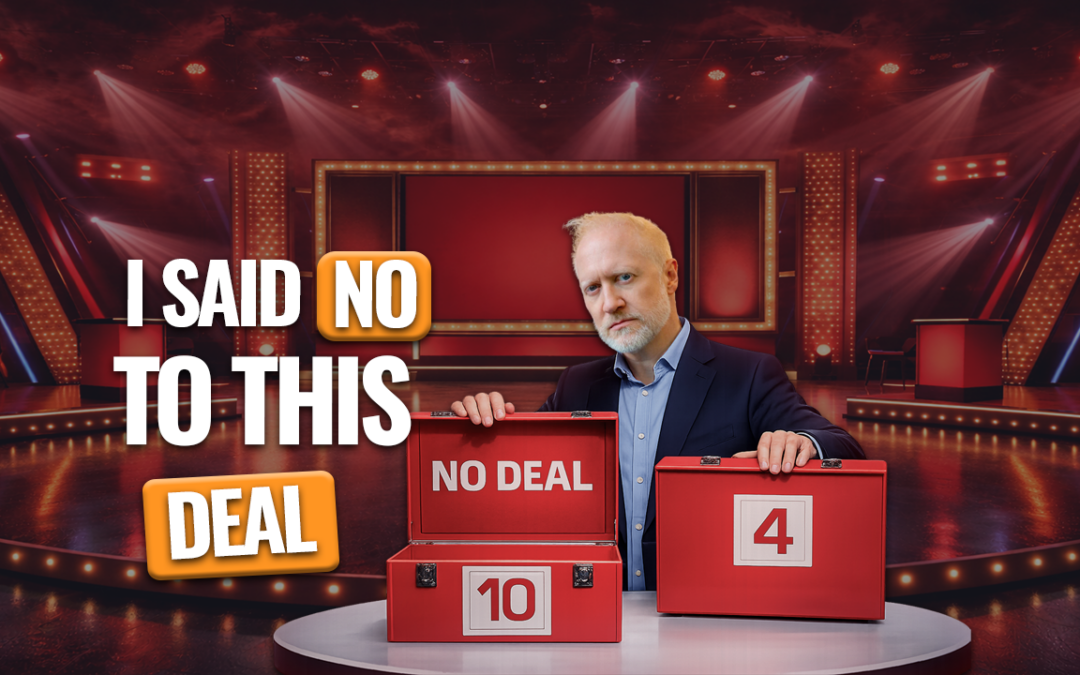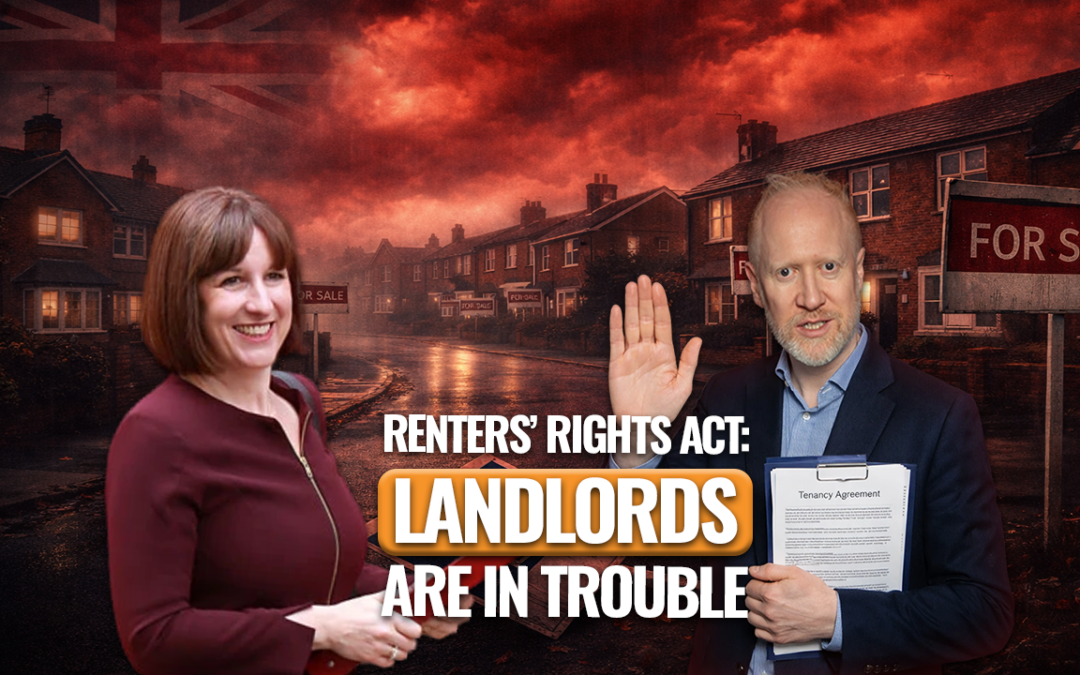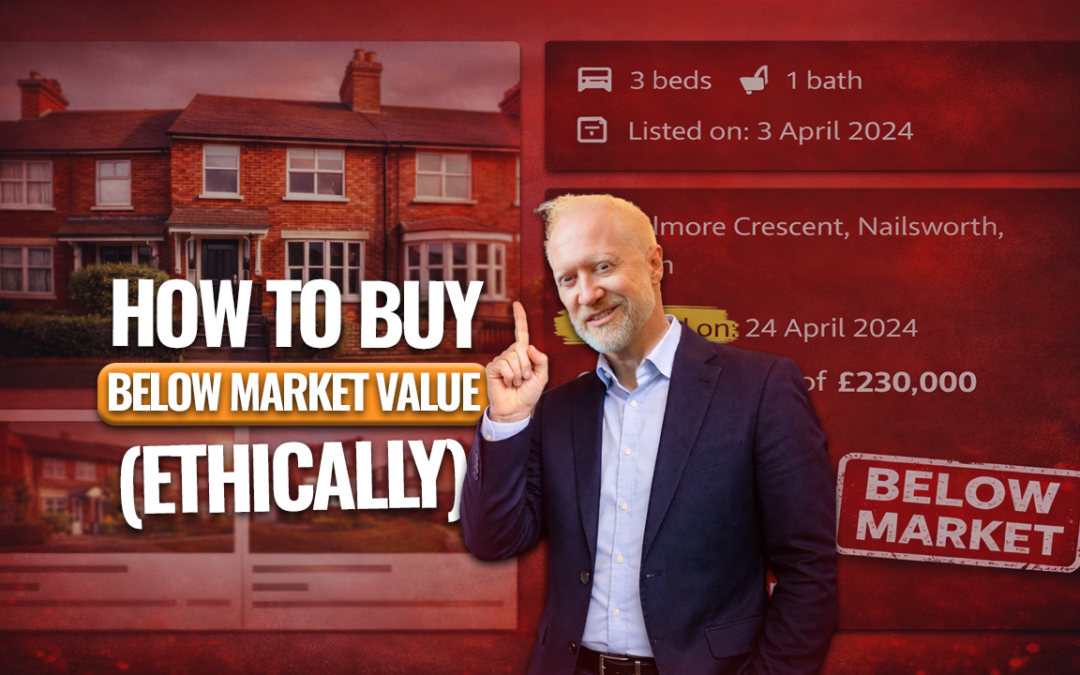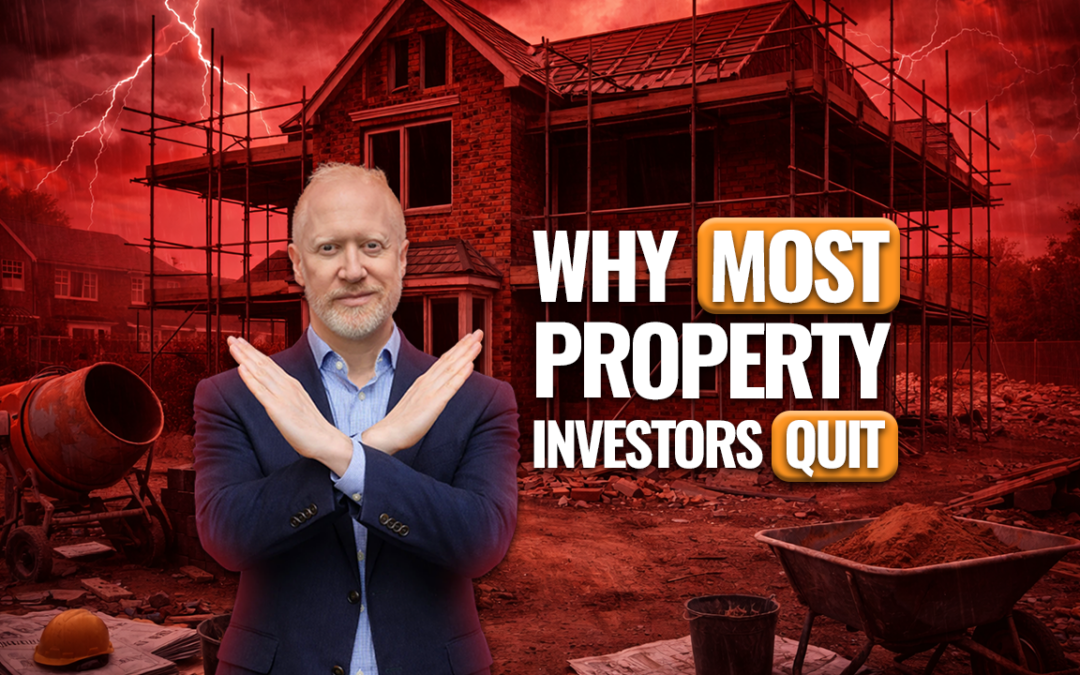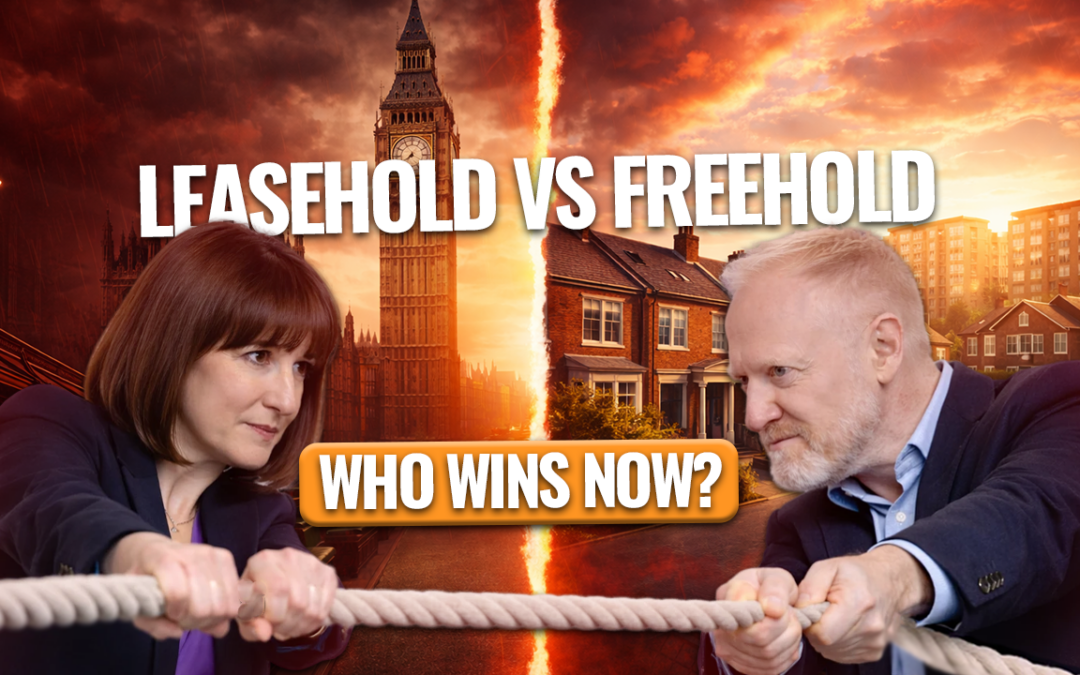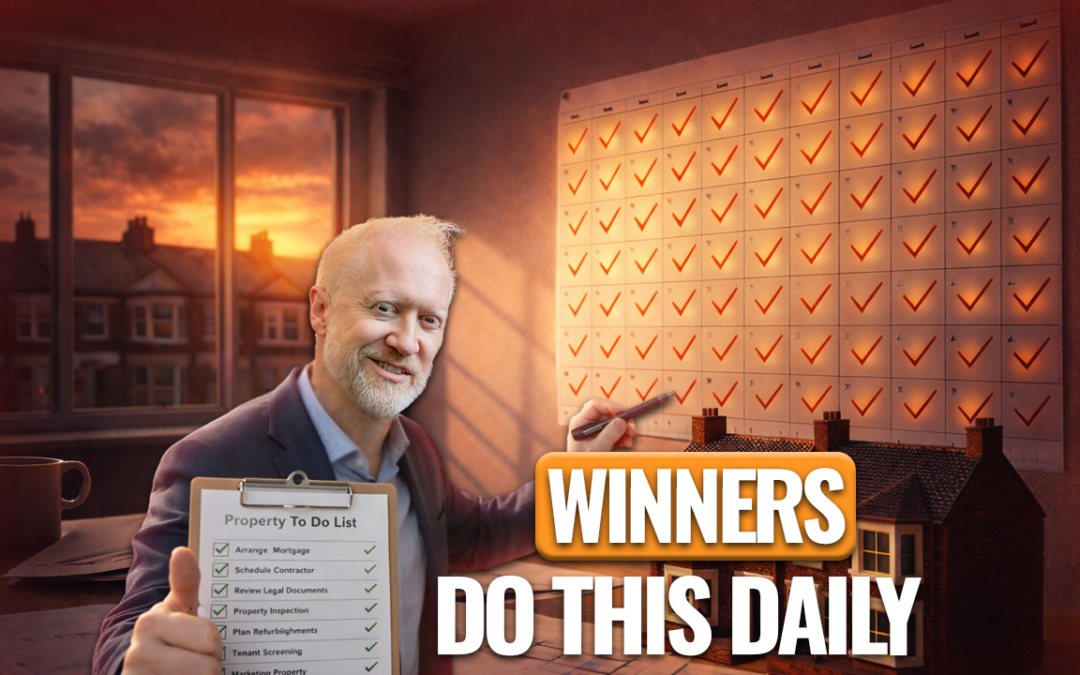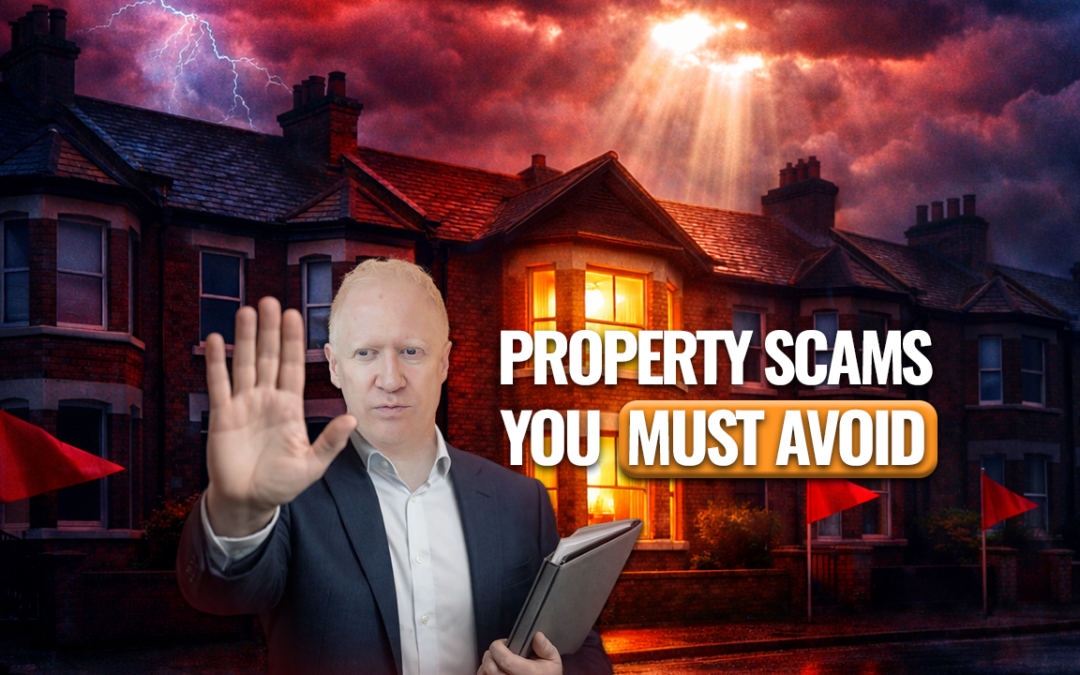In this blog, I’m going to talk to you about no money down property in the UK. What I’m going to talk about works not only in the UK, but actually no money down property investing anywhere in the world. I have written this because a lot of people think, “Is it true? Can you really buy property no money down?”.
I and literally hundreds of my students have purchased property using none of their own money. I’ll share with you four or five no money down property strategies so that, you can do the same.
Joint Venture Property Investment
When you buy an investment property, typically you put in a 25% deposit to go with the 75% mortgage you get from a bank. The banks want you to put some money in because they want you to have some skin in the game. If something goes wrong, they want to make sure you don’t just walk away from the property. This is what happened in the late 2000’s after the credit crunch. Many people had got very low money down investments. They had high mortgages, and when things went south, they just threw the keys in.
Quite rightly, banks want to see you have some skin in the game. Generally, when you buy property, some money needs to be put in. But here’s the key distinction I want you to understand – it doesn’t necessarily have to be your money. Let me explain some of the ways you can do that.
The first thing I want to talk about is what we call a Joint Venture. You’ve got to learn how to find great investments. That’s probably the most important thing you need to you’re probably going to run out of your own money at some point. So, you might want to start thinking about doing Joint Ventures. A joint venture is where you’ve got a great deal, someone else has got the money, and they maybe don’t know how to find deals, they don’t want to find deals, they don’t have the time to find them, or they don’t have the inclination to do it. So you go out and find a great deal, they come and put the money in. You’re both putting value into the equation here. That’s the first way to to invest in property with none of your own money.
“So you go out and find a great deal, they come and put the money in.”
Joint Venture Partner Can Be The Property Owner
The other way, that people don’t think about is maybe the Joint Venture partner could be the property owner. What do I mean by that? Well maybe you find a property where you can maybe convert it from a house into a six bedroom HMO, so you can add value to that property. Or maybe it’s a commercial building, can be converted into residential building, broken down into small units. So you can add some value to that property.
Banks and Lenders
Maybe if the owner doesn’t need the money now, and they’d like to make a bit more money than just selling you the property, but they don’t have the money to do the work themselves, they don’t have the knowledge or expertise to do the work, maybe you can bring the knowledge and expertise and you can bring the funding. There are banks, there are lenders and people like crowdproperty.com.
If you have a good enough project, the owner can put the project in, you can use the money from Crowd Property – you don’t have to actually use any of your money. This is as long as it’s a good enough project, and the project can be funded 100% using other people’s money. Then, at the end of the project, either you refinance or you sell it and the owner gets their share, Crowd Property get their money back, and you get to keep the profits. That’s another way of doing a Joint Venture, but you Joint Venture with the owner, again, not using any of your own money.
“So you’ve got all your money back and you’ve got none of your money in the deal”
The next thing you can do is there are people out there, maybe friends or family, who’ve got money in the bank, that’s doing nothing for them at the moment. Interest rates around the world are really, really low. If someone’s got money in the bank, actually, they’re probably losing money because of inflation. The rates of prices is going up, probably more than the interest they’re getting in the bank. So you can help them. I want you to realise that, that if you use someone else’s money and give them a great return on their money, this is not just them helping you, it’s you helping them as well. It’s a win, win.
Again, you go out and find a great property investment, ideally somewhere where you can buy it, add some value, and then you can refinance it or sell it to make a profit. You can use the other person’s money, they put the money in, they get a fixed return on their cash. Once you sell or refinance, they get their money back, plus the interests. You walk away with the profits, or if you want to retain it, hold onto it, and rent it out. So you’ve got all their money back and you’ve got none of your money in the deal. Now you’ve got a property that’s going to give you cash flow for as long as you own the asset. Another really good strategy for no money down property deals.
Doing A Loan With The Lender
Often people selling their property, understandably don’t want to sell it at a discount. Once they have sold, they’re just going to put the money into the bank. Maybe you could do a deal like this. You buy the property, putting in the normal deposit, ideally someone else’s money, and then once the owner has got all that money sitting in the bank, doing nothing for them, you get a loan from the owner and give them a much better return on their money. You can then use that money to pay back the person who lent it to you in the first place. So that’s another strategy you can use to buy property using none of your own money.
Purchase Lease Option
You can also do what’s called a Purchase Lease Option (PLO). A PLO is where you have the rights to buy a property at some time in the future, within a fixed time period, and you rent the property in the mean time. You can rent it out, you’ve got your cash flow coming in straight away, and then you can buy that property in the future. This is if you want to buy it. Now, you don’t have to buy it, you can assign it onto someone else, or at the end of contract, you can walk away.
To be ethical, I think you need to give the property back to them in the same condition or even better condition than when they first gave the property to you. But it means you get cash flow, and potential extra growth from a property you don’t own. You might think, “Okay, Simon, how do I actually buy that property?”. Well, hopefully if the option periods been long enough, the value of the property might have gone up over time. If you have a number of these deals, you can sell a few of them on, take the cash profit to use as the deposit for the ones you want to keep. Or, again, you do Joint Ventures, you do Private Loans, whatever, and then because the value’s gone up, you buy it, you refinance it, take the money out.
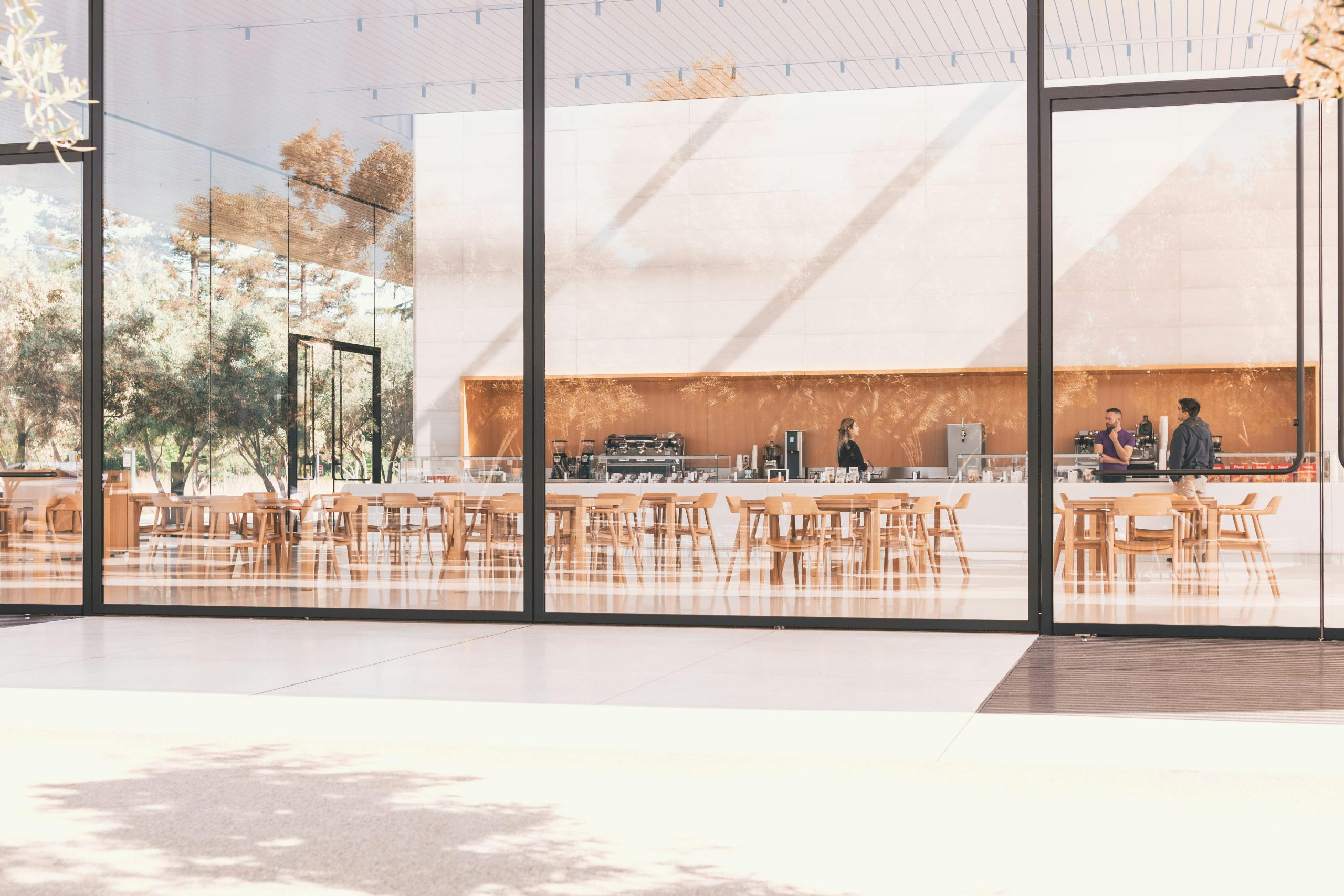
Build Your Belief
These are some of the strategies, and it’s about knowing how to help the seller. Not every strategy will work in every circumstance. You have got to get good at finding sellers who are a bit more flexible on the terms of the sale. Maybe, you’ve got to find out what’s important to them, ask them lots of questions, listen to what they say, and then come up with an ethical win-win solution that’s going to work for them. But also a solution that works for you.
People are out there, but you’ve got to believe it. If you think no money down deals are not possible, you’re absolutely right, you’ll never find or never be able to do no money down deals. One of the best ways of building your belief that this is possible is by learning from other people just like you, who’ve done this kind of deal before. That’s why case studies of people who’ve bought property no money down are worth watching. They’ve done it, so it means you can do it as well.
“One of the best ways of building your belief that this is possible is by learning from other people just like you, who’ve done this kind of deal before.”
So you have a choice, either you think yeah, I don’t think it’s possible, and that’s fine if that’s your belief. Or, you have an open mind, you look into it, and start learning from people who have actually done these kind of deals and believe actually, maybe this is possible. It’s not possible in every circumstance.
You have got to educate yourself and get out there to find some great deals. But if you’re finding great deals, as I explained in this blog, there are lots of ways of financing them using none of your own money. So I do hope this blog has been enlightening and opens your mind.

